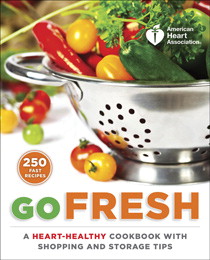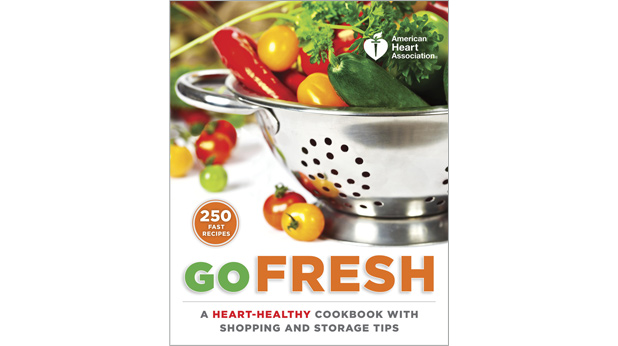The flavor of sage marries perfectly with any type of winter squash. In this hearty dish, the green sugar snap peas provide a striking visual contrast to the bright orange butternut squash.
Nutrition Facts
 Protein
Protein Fiber
FiberNutrition Facts
| Calories | 298 | |
|---|---|---|
| Total Fat | 3.0 g | |
| Saturated Fat | 1.0 g | |
| Trans Fat | 0.0 g | |
| Polyunsaturated Fat | 0.5 g | |
| Monounsaturated Fat | 1.0 g | |
| Cholesterol | 4 mg | |
| Sodium | 243 mg | |
| Total Carbohydrate | 59 g | |
| Dietary Fiber | 9 g | |
| Sugars | 7 g | |
| Protein | 12 g | |
Dietary Exchanges
3 1/2 starch, 1 vegetable
Ingredients
-
8 ounces dried, whole-grain spaghetti -
3 cups cubed butternut squash (cut into 1/4-inch cubes) -
1 cup fat-free, low-sodium vegetable broth -
1/2 cup chopped onion -
2 medium garlic cloves (minced) -
1/4 teaspoon salt -
1/4 teaspoon pepper -
2 cups trimmed, halved sugar snap peas -
2 tablespoon chopped, fresh sage -
1/4 cup shredded or grated Parmesan cheese
Directions
-
Prepare the pasta using the package directions, omitting the salt. Drain well in a colander. Set aside. -
In a large skillet, stir together the squash, broth, onion, garlic, salt, and pepper. Bring to a boil over medium-high heat. Reduce the heat and simmer for 5 minutes. -
Stir in the peas. Return to a simmer and simmer for 7 to 10 minutes, or until the squash is tender and most of the liquid has evaporated. -
Stir in the sage. Serve the squash mixture over the pasta. Sprinkle with the Parmesan.
Tip: When choosing a butternut squash for this recipe, look for one that has a longer neck. The neck is easier to peel and chop since it doesn’t have any seeds.
Cooking Tip: Some winter squash, such as butternut, are difficult to cut when raw. To make the job easy, pierce the squash several times with a fork and place the squash on a microwaveable plate. Microwave on 100 percent power (high) for 1 to 2 minutes. Let the squash stand for 5 minutes before cutting. Using a large, sturdy knife, cut off the stem end, then cut lengthwise from the stem end through the root end. Using a spoon, scoop out and discard the seeds and strings.

Go Fresh Cookbook
With Go Fresh, most of the 250 recipes take less than 20 minutes to put together and less than 30 minutes to cook. The cookbook also offers Healthy Swaps for substituting seasonal fruits and vegetables in delicious new ways, Shop & Store tips for making the most of your trips to the market and what you buy, and Tips, Tricks & Timesavers for reducing prep time and getting meals on the table faster.
Sample Recipes:
Herbed Halibut and Spring Vegetables en Papillote
Pork Tenderloin with Roasted Apple
Rosemary-Peach Chicken Kebabs with Orange Glaze

 Servings 4
Serving Size 1 C pasta, 3/4 C squash
Servings 4
Serving Size 1 C pasta, 3/4 C squash
 Tip: Click on step to mark as complete.
Tip: Click on step to mark as complete.





